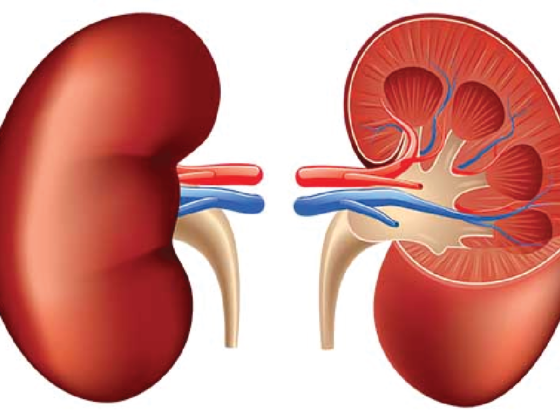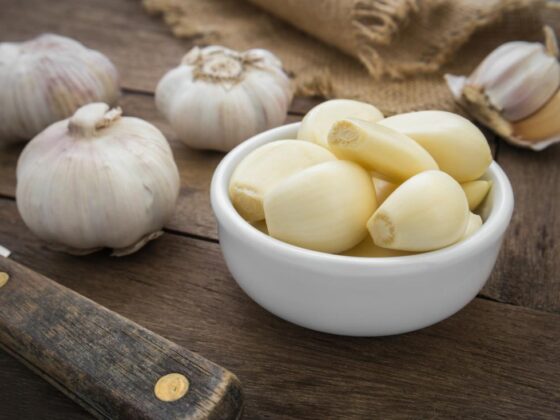You have probably heard someone being told not to eat certain foods because they contain a lot of cholesterol while being recommended to eat others.
What is cholesterol? The World Health Organisation (WHO) defines Cholesterol as a fat-like substance, found in the bloodstream and also in bodily organs and nerve fibers.
Most cholesterol in the body is made by the liver from a wide variety of foods, but especially from saturated fats, such as those found in animal products, according to WHO.
Ms Damalie Namukose, a nutritionist at the Ministry of Health, explains that there is good and bad cholesterol, noting that bad cholesterol is one of the major causes of non-communicable diseases such as diabetes and heart attacks.
“I would advise that people consume cholesterol which is liquid at room temperatures like olive and sunflower oil and also oil from soybeans,” Ms Namukose says
She adds that the bad cholesterol is that which is solid at room temperature, for example margarine and coconut
“If one consumes a lot of fatty foods, when they reach the body in the blood, they move as bundles and may block blood vessels. They can also be deposited along blood vessels and affect the circulation of blood. For example, it can cause stroke and if there is no enough blood circulation can cause a heart attack,” Ms Namukose states.
Diseases related to raised cholesterol
WHO indicates raised cholesterol increases the risks of heart disease and stroke. Globally, a third of ischaemic heart disease is attributable to high cholesterol. Overall, raised cholesterol is estimated to cause 2.6 million deaths (4.5 percent ) of total) and 29.7 million disability-adjusted life year
“Raised total cholesterol is a major cause of disease burden in both the developed and developing the world as a risk factor for ischemic heart disease and stroke, ” says WHO
A 10% reduction in serum cholesterol in men aged 40 has been reported to result in a 50% reduction in heart disease within 5 years; the same serum cholesterol reduction for men aged 70 years can result in an average 20% reduction in heart disease occurrence in the next 5 years.
According to the American Heart Association (AHA), Cholesterol is a waxy substance. It’s not inherently “bad.” In fact, your body needs it to build cells. But too much cholesterol can pose a problem.
“Cholesterol comes from two sources. Your liver makes all the cholesterol you need. The remainder of the cholesterol in your body comes from foods derived from animals. For example, meat, poultry, and full-fat dairy products all contain cholesterol, called dietary cholesterol,” the AHA indicates.
Those same foods are high in saturated and Trans fats. Those fats cause your liver to make more cholesterol than it otherwise would. For some people, this added production means they go from a normal cholesterol level to one that’s unhealthy, according to AHA.
The AHA also indicates that some tropical oils – such as palm oil, palm kernel oil, and coconut oil – can also trigger your liver to make more cholesterol. These oils are often found in baked goods.
“Cholesterol circulates in the blood. As the amount of cholesterol in your blood increases, so does the risk to your health,” notes AHA, cautioning that it’s important to have your cholesterol tested, so you can know your levels.










